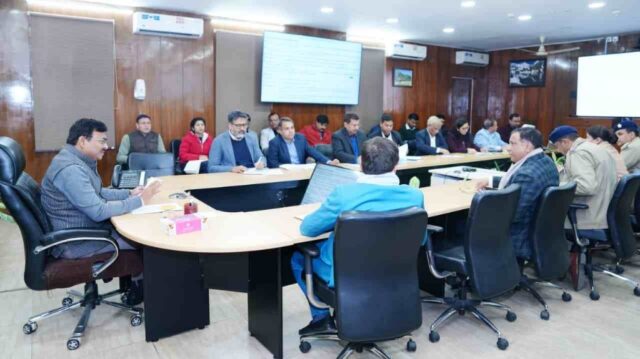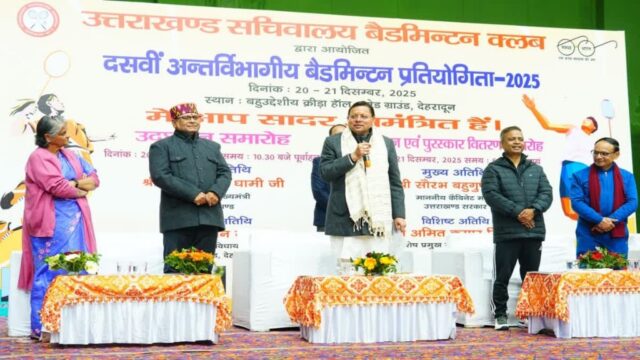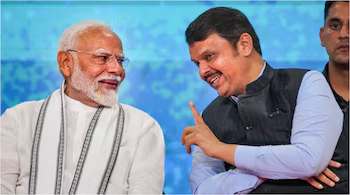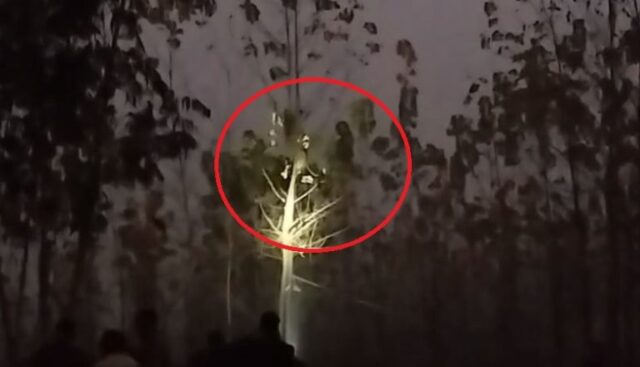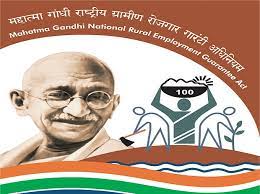Journey of Women Scientists: From Break in Career to become Patent Professionals
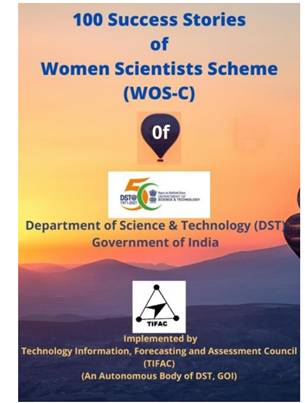
An inspiring journey of 100 women scientists who returned to science after a break in career has been documented into a book form. The women scientists featured here had to discontinue their pursuit of career in science due to family responsibilities and social reasons. The book, which chronicles their journey to restart their career despite several obstacles, can be a beacon of light for moreIndian women in similar situations.
Knowledge Involvement in Research Advancement through Nurturing (KIRAN) division (now WISE-KIRAN) of the Department of Science & Technology (DST) supports women with break-in careers to return to science through the Women Scientists Scheme (WOS). Through various components of Women Scientists Scheme (WOS), DST addresses challenges confronted by those women who had a break in their career and desire to return to mainstream science. The booklet presents select stories of women who completed their training under WOS-C component of this scheme and are now achieving greater heights in their careers.
Booklet contains 100 success stories of women scientist scheme trainees which captures the lives of women who succeeded despite all odds in life. Booklet is available in both digital and print versions. I know there are many more success stories in the scheme which will be made visible to all in coming years,” said Prof Ashutosh Sharma, Secretary, DST.
Besides the women’s journey, the book includes details like qualification, specialization, present employment status, experience, and information about technical qualification in Intellectual Property Rights (IPR) attained by each woman after completing training.
WOS-C is a flagship scheme of the department and a recipient of Nari Shakti Puraskar, 2015 (Rani Lakshmibai Award) conferred by the Hon’ble President of India.WOS-C is implemented by TIFAC, New Delhi, an autonomous organization under DST. Inthe program, one-year long training is provided to women, having qualifications in science/engineering/medicine or allied areas in the field of IPRs and their management. Selection is through an All-India level online examination followed by an interview. Women between the age ranges of 27 to 45 years can avail the benefit of this scheme. Women are trained in nuances of patent filing and prosecution as well as other patent-related work.
Training has successfully developed a pool of women geared to create, protect and manage Intellectual Property in India. About 800 women have been trained in 11 batches, and about 270 women are registered Patent Agents. Many women have started their own IP firms as well and have become entrepreneurs. The scheme has made the women technically and financially confident, and many women of the middle ages who were earlier sitting at home are now beaming IP professionals.


